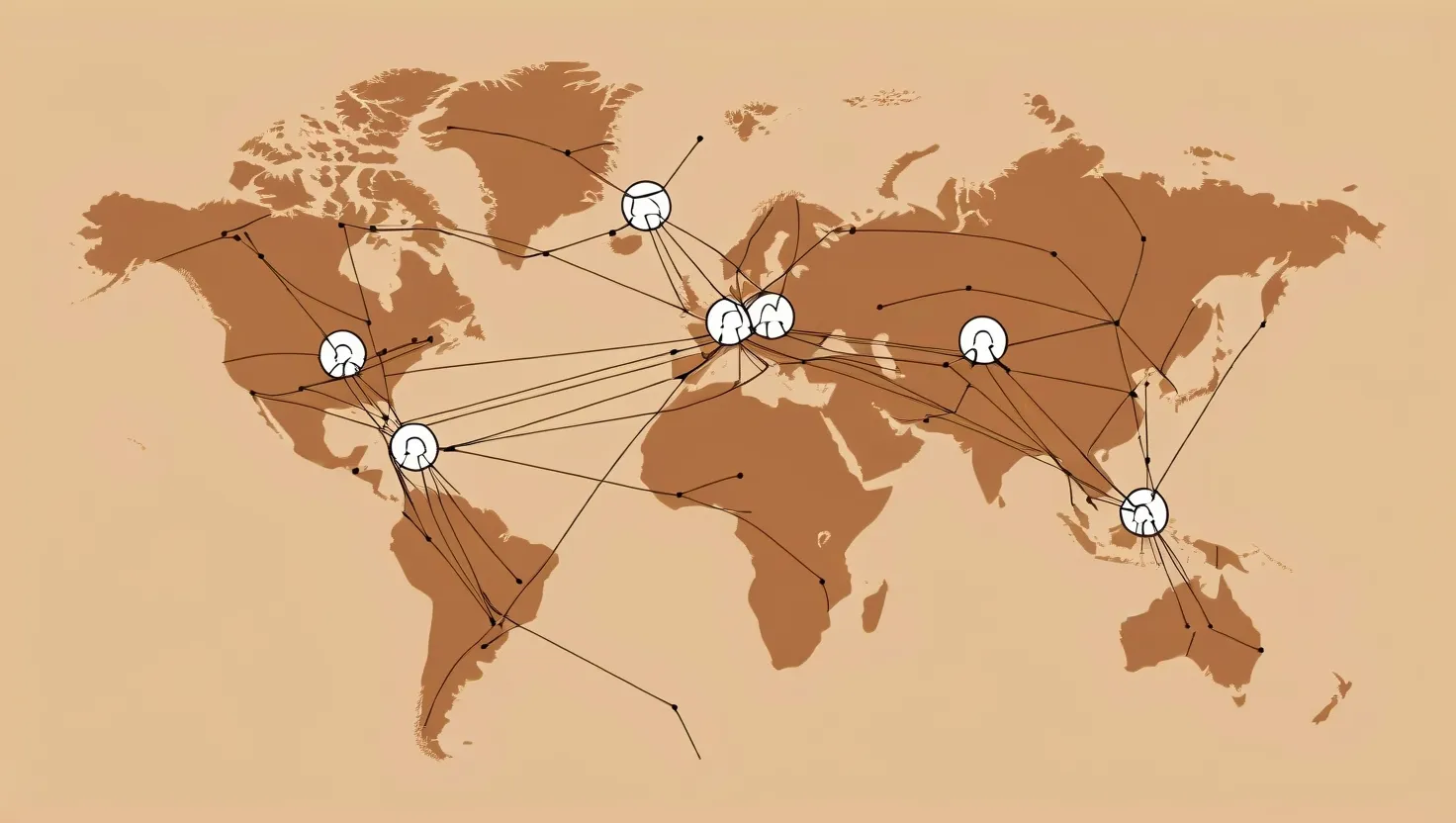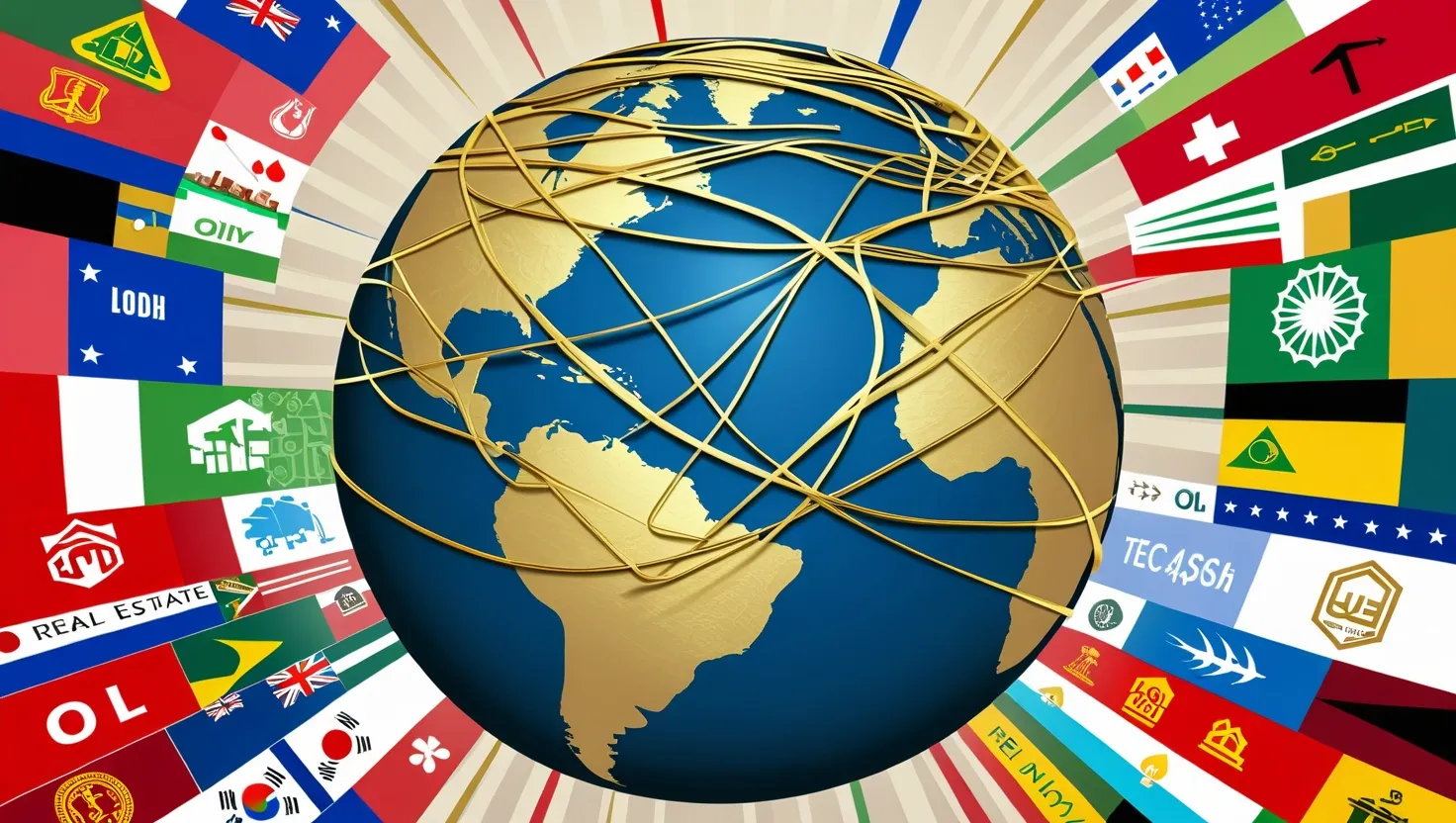For most of human history, China held the title of the world’s superpower. Recently, China is once again vying for global domination and seems poised to overtake the US economy. President Trump’s attempts to counter this resurgence have led to a trade war with disastrous effects on many industries, especially within the US.
Let’s rewind to where it began. Eighteen years ago, the World Trade Organization allowed China to join its ranks after extensive negotiations. Ironically, it was the US that advocated for China’s entry, lured by the rapid growth of the Chinese economy. With access to international capital, China flourished, turning into a manufacturing giant exporting goods globally, including to the US.
Not all Americans were pleased, though. Chinese companies thrived on cheap labor and materials, but their real edge came from China’s lax enforcement of intellectual property rights. It became a running joke how quickly Chinese markets could clone and sell new inventions at fractions of their original prices, causing massive losses for American inventors and companies. US counterfeits, primarily from China, cost the American economy a staggering $600 billion annually.
Then came Donald Trump, determined to take a hard stand on China. In 2017, an investigation into China’s trade policies triggered anger in China. Xi Jinping threatened sanctions, escalating tensions. One of Trump’s first moves was to withdraw from the Trans-Pacific Partnership, an agreement aimed at reducing tariffs and promoting free trade among Asian nations.
In March 2018, the US imposed tariffs on $3 billion worth of Chinese goods. China retaliated with its own tariffs on American products. Thus, the trade war began, with each side introducing new tariffs every few months. Though both have had seemingly productive talks, the war rages on without resolution.
Who’s winning this trade war? For Trump, winning means reducing the trade deficit—the imbalance of imports from China versus US exports. While the trade deficit’s growth has slowed, it isn’t shrinking, and US consumers are footing the bill for higher-priced goods. The inflation gap between tariffed and non-tariffed goods is stark.
Another backlash is the drop in direct investment. While Americans continue to invest heavily in China, the Chinese have shifted their investments to Europe and the rest of Asia. So, American consumers are losing, at least in the short term.
Interestingly, Vietnam has emerged as a surprising winner. Many Chinese businesses are outsourcing their production to Vietnam to bypass tariffs, leading to a growing trade deficit between the US and Vietnam. This shift has benefited Vietnam so much that Trump is considering tariffs on them as well.
In this ongoing trade war, the landscape is constantly shifting. While no one remains untouched by the repercussions, Vietnam seems to be reaping substantial benefits for now.
Stay tuned for more updates and insights into global economics. Until then, keep learning and stay informed.






